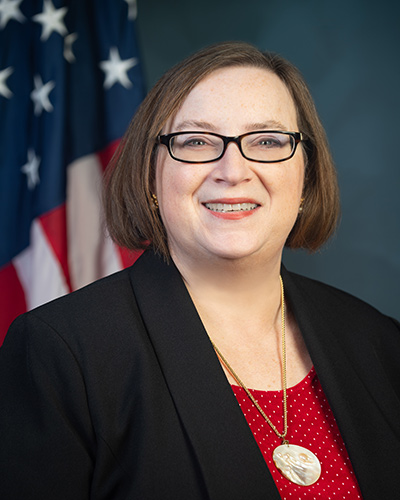The U.S. Department of Housing and Urban Development (HUD)’s Office of Housing Counseling (OHC) last week released a new update to its Housing Counseling Program Handbook, the first set of comprehensive changes to the document since 2010, with particular attention given to the Home Equity Conversion Mortgage (HECM) program.
The updated handbook is designed to “ensure that HUD’s housing counseling program participants have ready access to the information they need to meet the needs of individuals and families seeking to buy, rent, or sustain their homes,” the announcement said. “Housing counselors play a pivotal role in helping low-to-moderate income households – particularly communities of color – prepare financially for the wealth-building potential of homeownership and to obtain safe, decent, and affordable housing.”
The Federal Housing Administration (FHA)’s HECM program requires loan applicants to go through a session with a HUD-approved counselor to understand the details and obligations of the loan, making counseling a critical part of the reverse mortgage process. To that end, HECM counseling has been given particular attention in the new handbook, according to FHA Commissioner Julia Gordon.

“The updated Handbook will benefit those helping individuals and families with their housing needs,” Gordon said in a statement. “Among other things, it includes enhanced guidance for counseling homeowners considering a [HECM] so they can make an informed choice about options for aging in place.”
The chapter on reverse mortgage housing counseling has received an extensive list of changes and updates. These include clarifying language about how reverse mortgage counseling must be provided by a HUD-certified counselor; setting an expectation of a counseling session to last 60-90 minutes on average; replacing the word “seniors” with “clients” for “accuracy and consistency throughout the handbook;” and broadening telephone counseling to include modern remote/virtual options.
Other changes include the consolidation and reorganization of several reverse mortgage counseling sections; providing more specific contact information for concerns or complaints for reverse mortgage lenders; and the addition of “mystery shopping” as a potential “agency quality control method in which trained personnel act as prospective clients.”
The new version also clarifies the required certification for anyone performing HECM counseling under HUD’s approval and guidance related to maintenance of the HECM Counseling roster, including removal from the roster.
“We are pleased to announce the long-awaited updates to our Housing Counseling Program Handbook and expect the information will provide much-needed guidance to our partners, which will ultimately support consumers exploring their housing options,” said Deputy Assistant Secretary for Housing Counseling David Berenbaum in a statement.
The new counseling handbook is available online, as is a full catalog of the changes made to the most recent version including changes to chapters including general counseling program information; how to obtain HUD approval; delivery of housing counseling services; recordkeeping and reporting; performance criteria and monitoring; funding; and appeals.
This past summer, HUD awarded over $14 million in counseling grants to agencies across the country, to support “the comprehensive housing counseling services provided by grantees to homebuyers, homeowners, and renters,” according to HUD. However, the total of about $14.4 million in grants for 180 different counseling agencies is lower compared to recent years.
HUD awarded over $41 million in counseling grants to agencies across the country in mid-2022. That round of funding included a specific provision to use a portion of the funds to train new HECM counselors.
In early 2022, HUD awarded $51.4 million in grants to 177 HUD-approved counseling agencies, which were designed to support vulnerable communities, communities of color and those negatively impacted by COVID-19.
The $51 million figure was also disbursed to agencies in the fall of 2021, an increase from the $40 million in counseling grants to agencies issued in mid-2020. Another $43 million in housing counseling grants were issued to agencies twice in 2019, in June and October, respectively.





